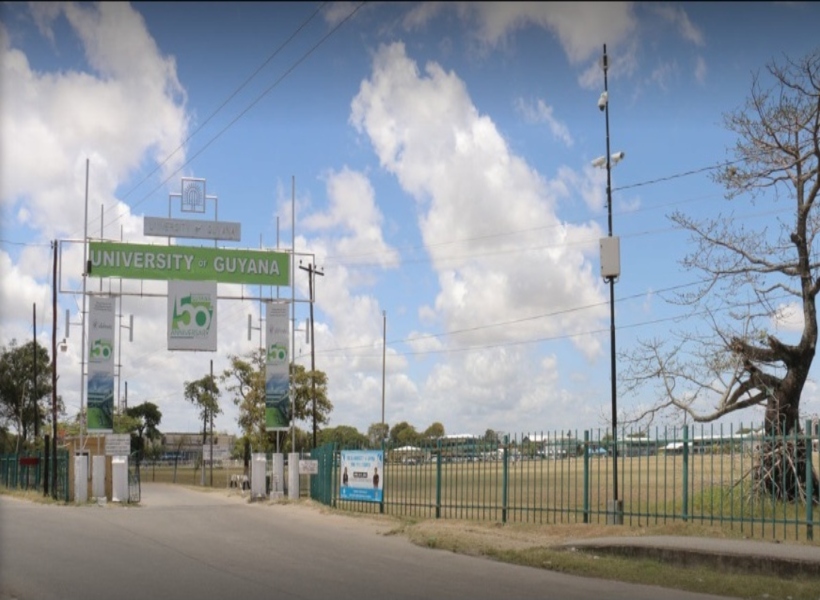Vice President Dr. Bharrat Jagdeo yesterday declared that Guyana’s poultry industry has blossomed into a multimillion-dollar sector, thanks to the diligent efforts of the People’s Progressive Party (PPP) government. During his weekly press conference, Jagdeo responded to claims by Opposition Leader Aubrey Norton regarding a purported chicken shortage and the potential impact of the government’s importation ban on the cost of living. Asserting that there is no scarcity of chicken, Jagdeo highlighted that Guyana produces an impressive 140 million pounds of poultry annually.
Dispelling Norton’s assertions, Jagdeo emphasized that the thriving poultry industry currently sustains around 18,000 individuals who derive their livelihoods from its robust production. Moreover, he revealed that Guyana has one of the world’s highest chicken consumption rates, surpassing even the United States. “…Guyanese consume 140 pounds of chicken annually. That is one of the highest consumption rates in the world. We eat a substantial amount of chicken in this country. So I was astonished when I discovered that we consume nearly double the per capita chicken consumption of the US. This applies to men, women, and children,” he emphasized.
According to Statista, a leading provider of market and consumer data. broiler chicken, with an average of approximately 98.8 pounds per capita, constituted the most consumed type of meat in the United States in 2022. It also stated that forecasts suggest that this figure will rise to around 106 pounds per capita by 2032.
Moreover, Jagdeo has revealed that even prior to the importation ban, local farmers had approached him, expressing concerns about the surge in imported poultry and its detrimental impact on their livelihoods. With the importation ban, he said, Guyanese farmers now have the opportunity to supply the local market.
In addition he said the PPP government is actively working to eliminate phytosanitary barriers within the Caribbean region, thereby enabling Guyana’s poultry products to enter highly regulated markets and fostering the expansion of export opportunities.









